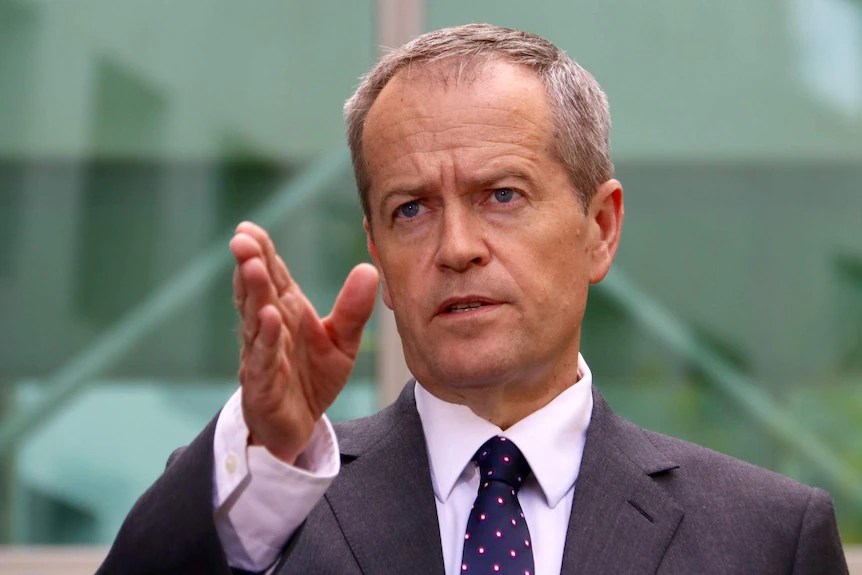“My wish is for the NDIS to be a catalyst for increased social and economic participation and believe that participation is enhanced by increased independence and empowerment.”
NDIS Minister Bill Shorten was speaking at the AADPA Annual Conference and the NDIS review that is considering the role of early intervention, improving quality of life, and long-term outcomes for children with disabilities. Of the 600,000 participants in the NDIS, nearly half are under the age of 18 and as of March 31, there were 4,864 participants with ADHD, more than half in the 7-14 age group.
“When I helped to create the NDIS, I called it the ‘right to an ordinary life’, but I probably should update to ‘the right to a fulfilling life’”, he said.
According to the minister supports must be reasonable and necessary. “The NDIS review has already identified there is an increasing reliance on therapy delivered in clinical settings. The review panel believes this perhaps can get in the way of children living an ordinary, fulfilling and inclusive childhood. I think we need to focus the NDIS as an investment in individuals and by extension, our society.
“People seeking support for ADHD face long wait times and higher out-of-pocket costs. We currently provide financial assistance for ADHD, diagnosis and treatment through the Medicare Benefits Schedule and Pharmaceutical Benefits Scheme. Because we encourage people seeking help for ADHD to speak to their GP in the first instance, we’ve tripled the bulk billing incentive to encourage GPs to provide services at no cost to the patient.
“We also fund primary health networks to plan and commission mental health and suicide prevention services at a regional level at low or no cost where appropriate, including clinical support and psychosocial supports. The government fully supports the Senate inquiry, assessment and support services for people with ADHD and its mission to determine what is needed for timely access to ADHD assessment, affordable treatment medication and psychosocial supports,” he said.
There is a focus on diagnosis rather than support, and early intervention is not always based on best practice and the real world. “Lack of support for all children with disabilities in mainstream settings does in some way undermine the NDIS.”
Photo: NDIS Minister Bill Shorten

